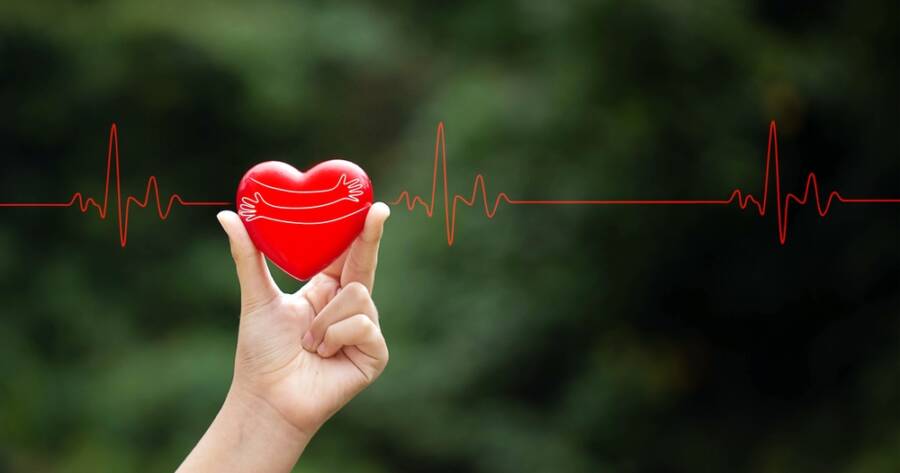Hypertrophic cardiomyopathy (HCM), a condition marked by the abnormal thickening of the heart muscle, can result in symptoms such as shortness of breath, chest pain, dizziness, and even fainting. Though it poses challenges, treatment options are diverse and effective. These include medications to manage symptoms, surgical procedures to relieve obstruction, and lifestyle modifications to improve heart health. With proper care and medical guidance, individuals with HCM can lead fulfilling lives and manage their condition successfully.
What Is Hypertrophic Cardiomyopathy?
Hypertrophic cardiomyopathy is a condition that affects the heart muscle, causing it to become abnormally thick. This thickening can make it harder for the heart to pump blood effectively, which can lead to a number of symptoms, including shortness of breath, chest pain, and dizziness. In some cases, hypertrophic cardiomyopathy can also lead to heart failure.
Hypertrophic cardiomyopathy is a genetic condition, which means that it is passed down from parents to children. However, not everyone who inherits the gene for hypertrophic cardiomyopathy will develop the condition. Some people may only have mild symptoms, while others may have more severe symptoms that require treatment.
Hypertrophic cardiomyopathy is most commonly diagnosed in adults between the ages of 20 and 50, but it can also occur in children and older adults. It is more common in men than in women.
Symptoms and Causes of Hypertrophic Cardiomyopathy
The symptoms of hypertrophic cardiomyopathy can vary depending on the severity of the condition. Some people may only have mild symptoms, while others may have more severe symptoms that interfere with their daily activities.
Some of the most common symptoms of hypertrophic cardiomyopathy include:
- Shortness of breath, especially with exertion
- Chest pain
- Dizziness or lightheadedness
- Fatigue
- Palpitations (a feeling of your heart racing or skipping beats)
- Swelling in the feet, ankles, and abdomen
The exact cause of hypertrophic cardiomyopathy is not fully understood, but it is thought to be caused by a combination of genetic and environmental factors. Some of the risk factors for hypertrophic cardiomyopathy include:
- Family history of hypertrophic cardiomyopathy
- Certain genetic mutations
- High blood pressure
- Obesity
- Diabetes
- Smoking
- Alcohol use
Treatment Options for Hypertrophic Cardiomyopathy
There is no cure for hypertrophic cardiomyopathy, but there are a number of treatments that can help to improve symptoms and prevent complications. Some of the most common treatments for hypertrophic cardiomyopathy include:
- Medication
- Surgery
- Lifestyle changes
Medication can help to control symptoms such as shortness of breath, chest pain, and dizziness. Surgery may be necessary to correct a thickened heart muscle or to improve blood flow to the heart. Lifestyle changes, such as losing weight, eating a healthy diet, and exercising regularly, can also help to improve symptoms and prevent complications.
Learn More About Hypertrophic Cardiomyopathy
Hypertrophic cardiomyopathy is a serious condition, but it can be managed with proper treatment. If you have any of the symptoms of hypertrophic cardiomyopathy, it is important to see a doctor right away. Early diagnosis and treatment can help to prevent serious complications.
